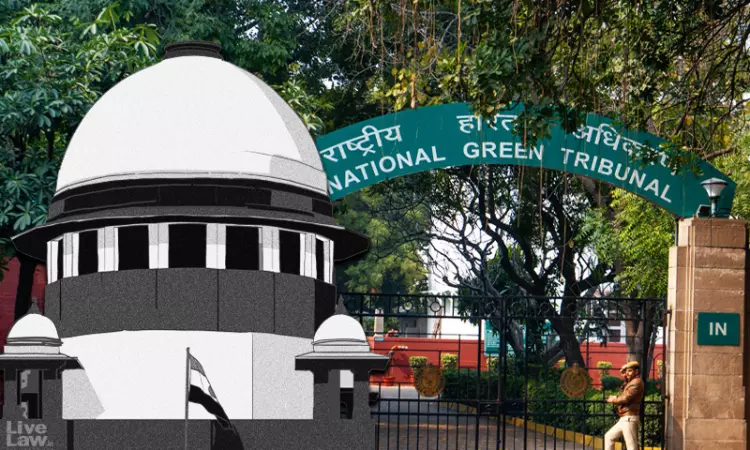Supreme Court Quashes NGT Order To Shut Down Garbage Plant In Pune; Directs PMC To Address Foul Odour Concerns
Amisha Shrivastava
12 Sept 2024 8:08 PM IST

Next Story
12 Sept 2024 8:08 PM IST
The Supreme Court today (September 12) quashed the National Green Tribunal's order to shut down a Garbage Processing Plant (GPP) in Baner, Pune observing that shutting it down will be detrimental to public interest.“we find that the closure of the GPP in question rather than subserving the public interest, would be detrimental to public interest. If the GPP in question is closed, the...
